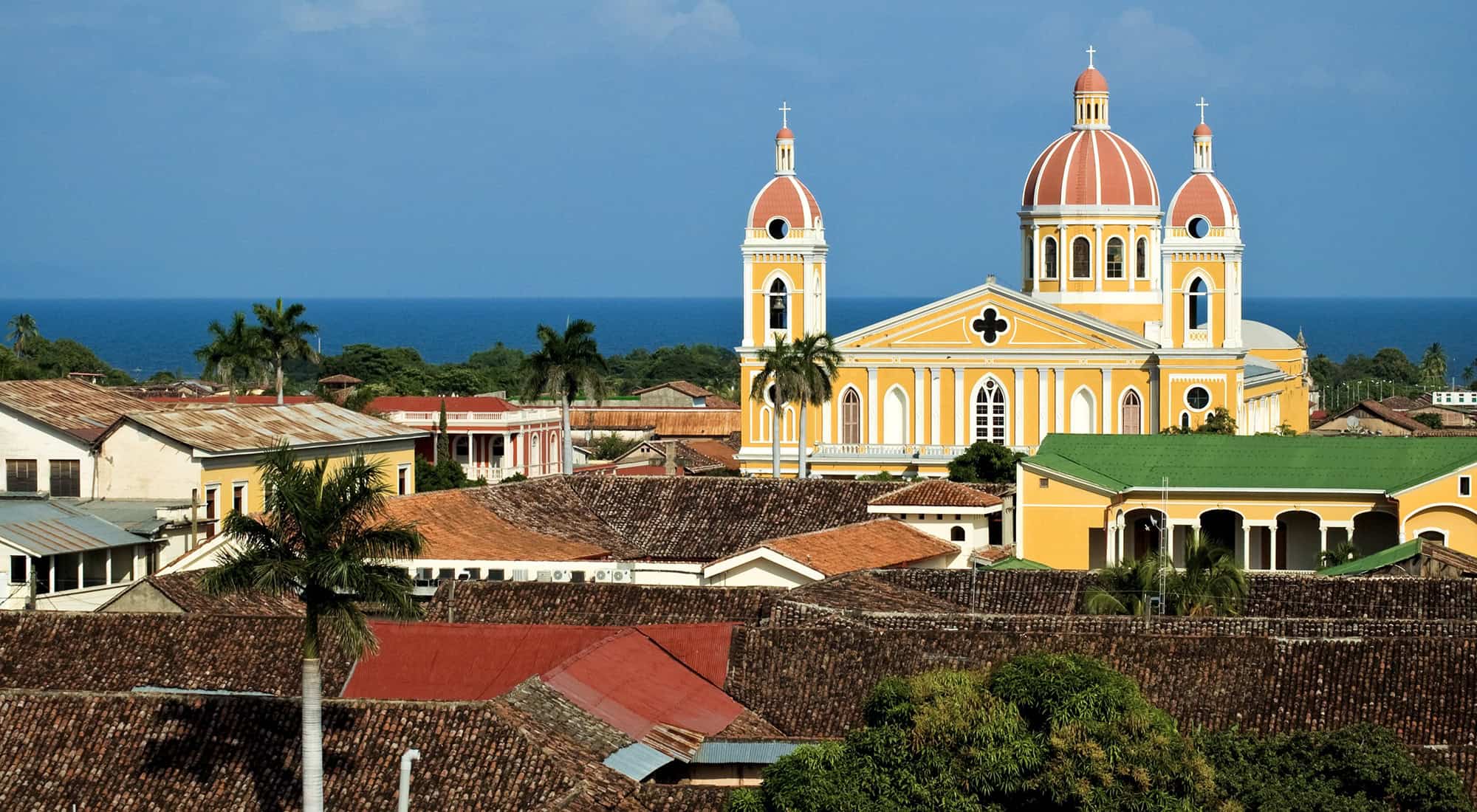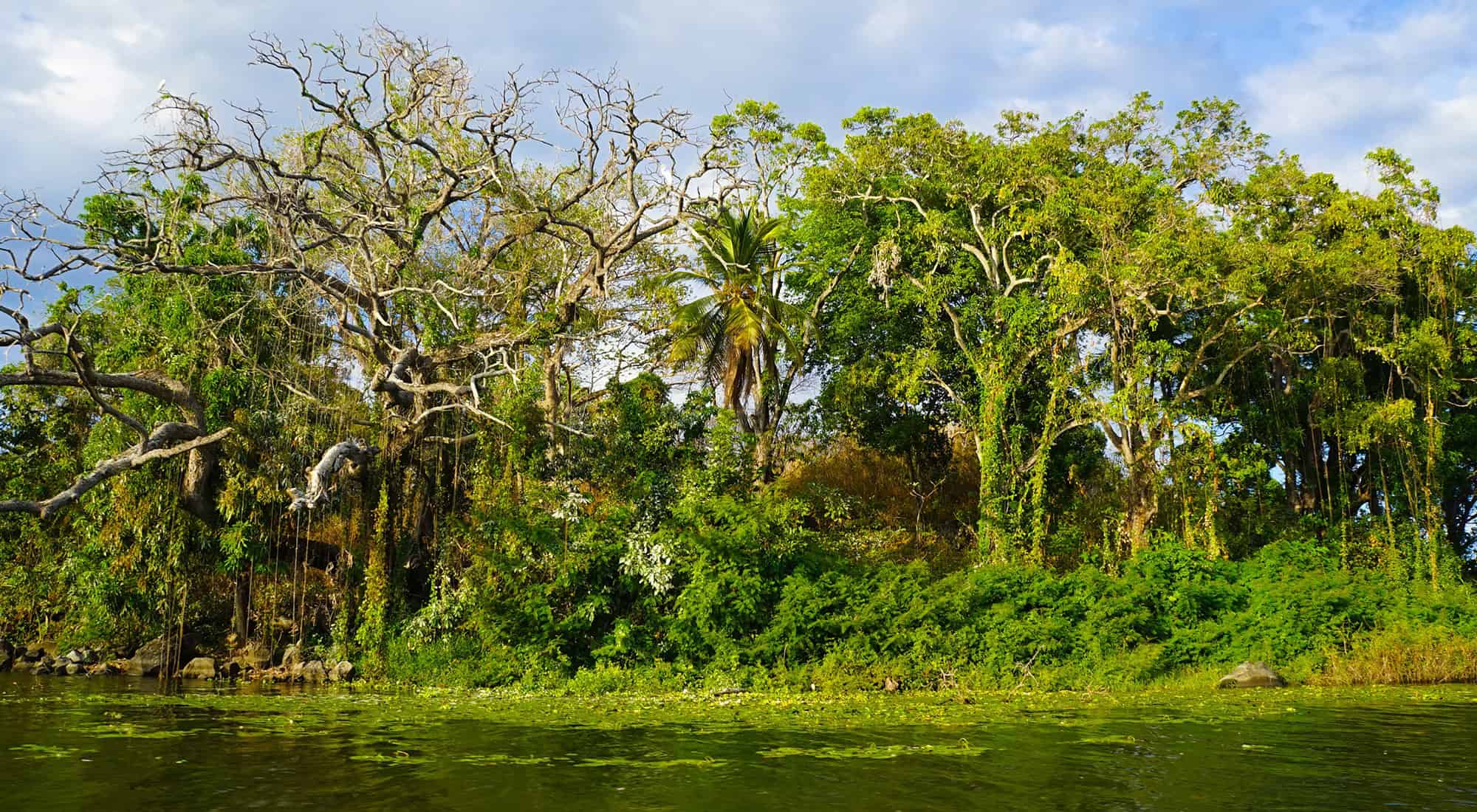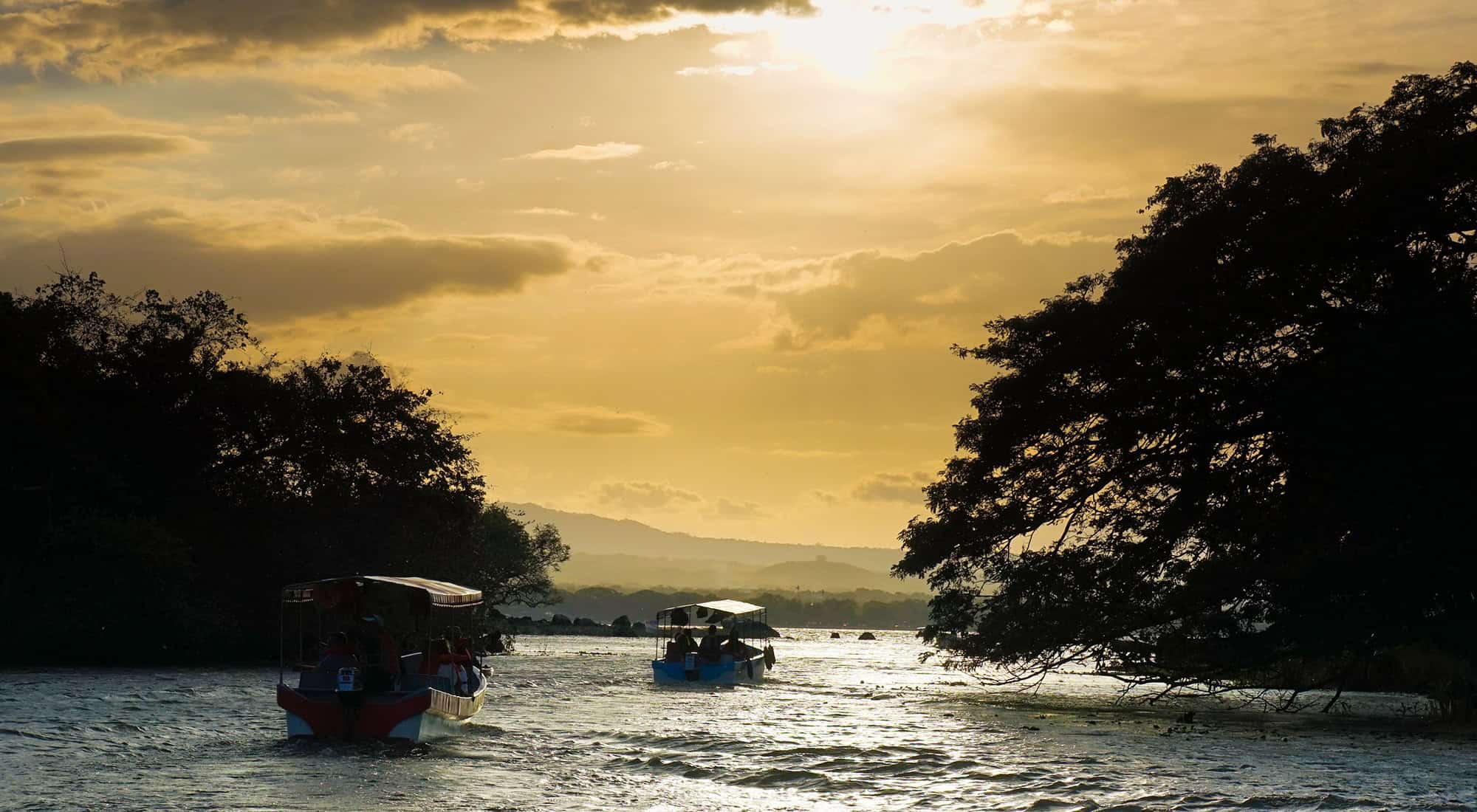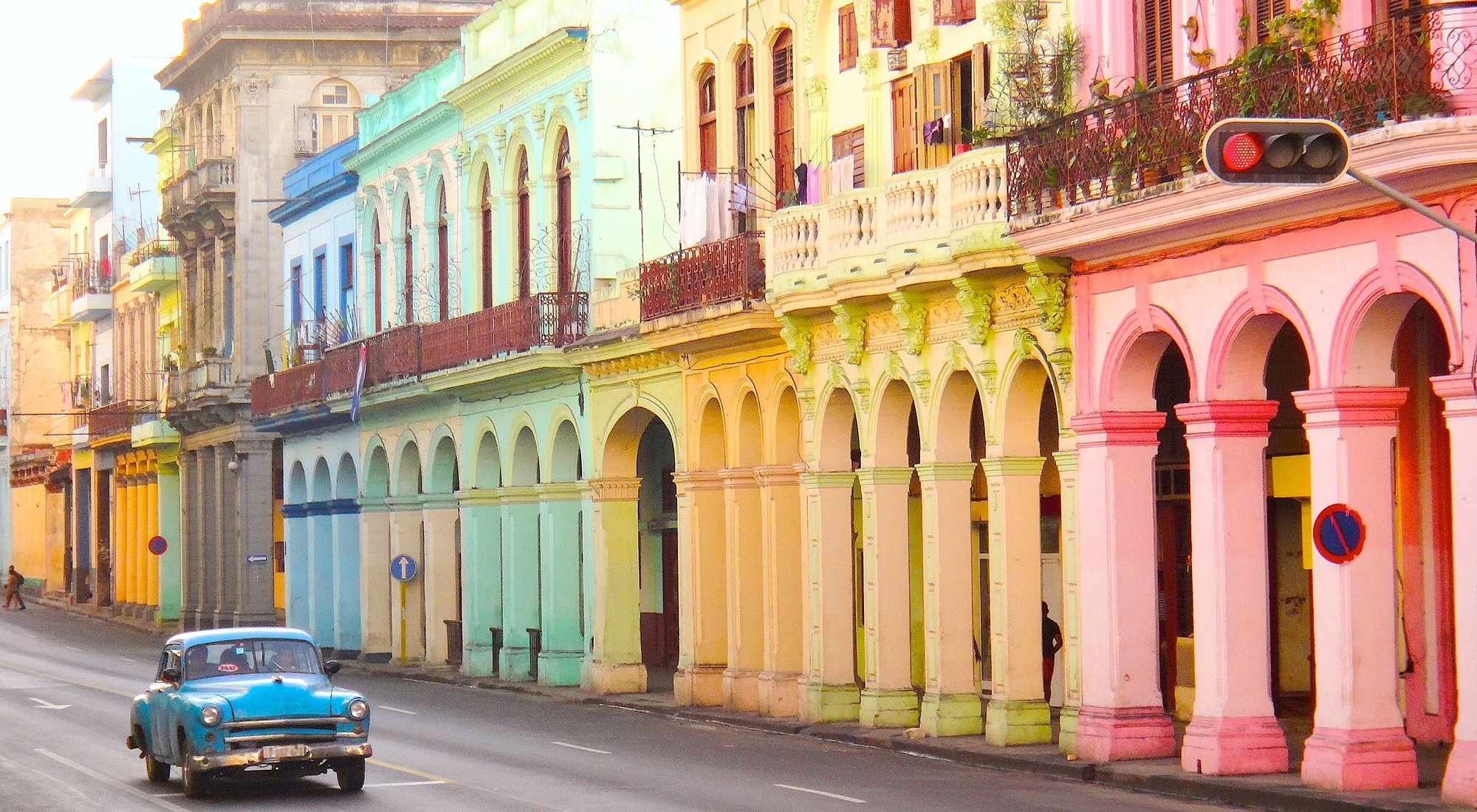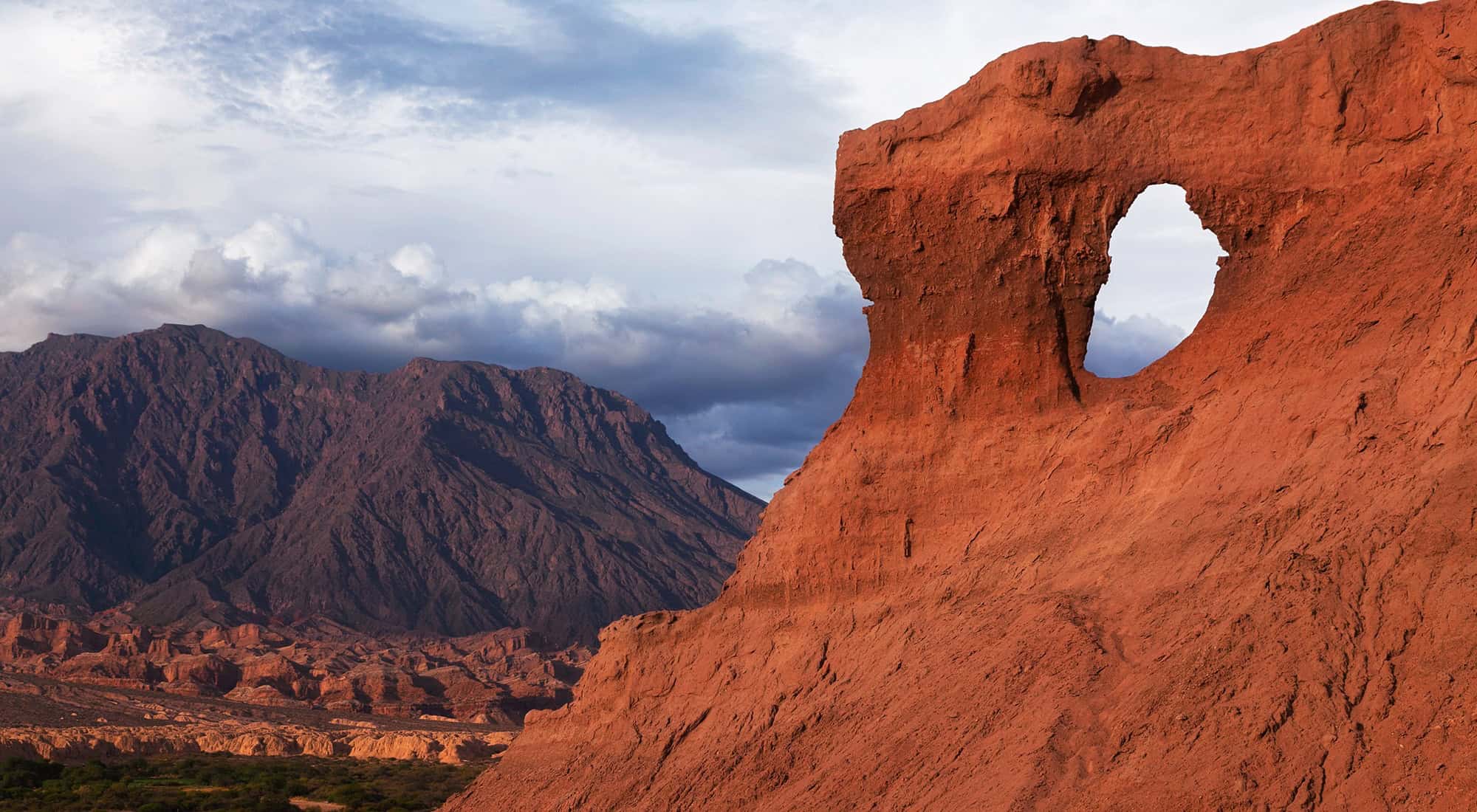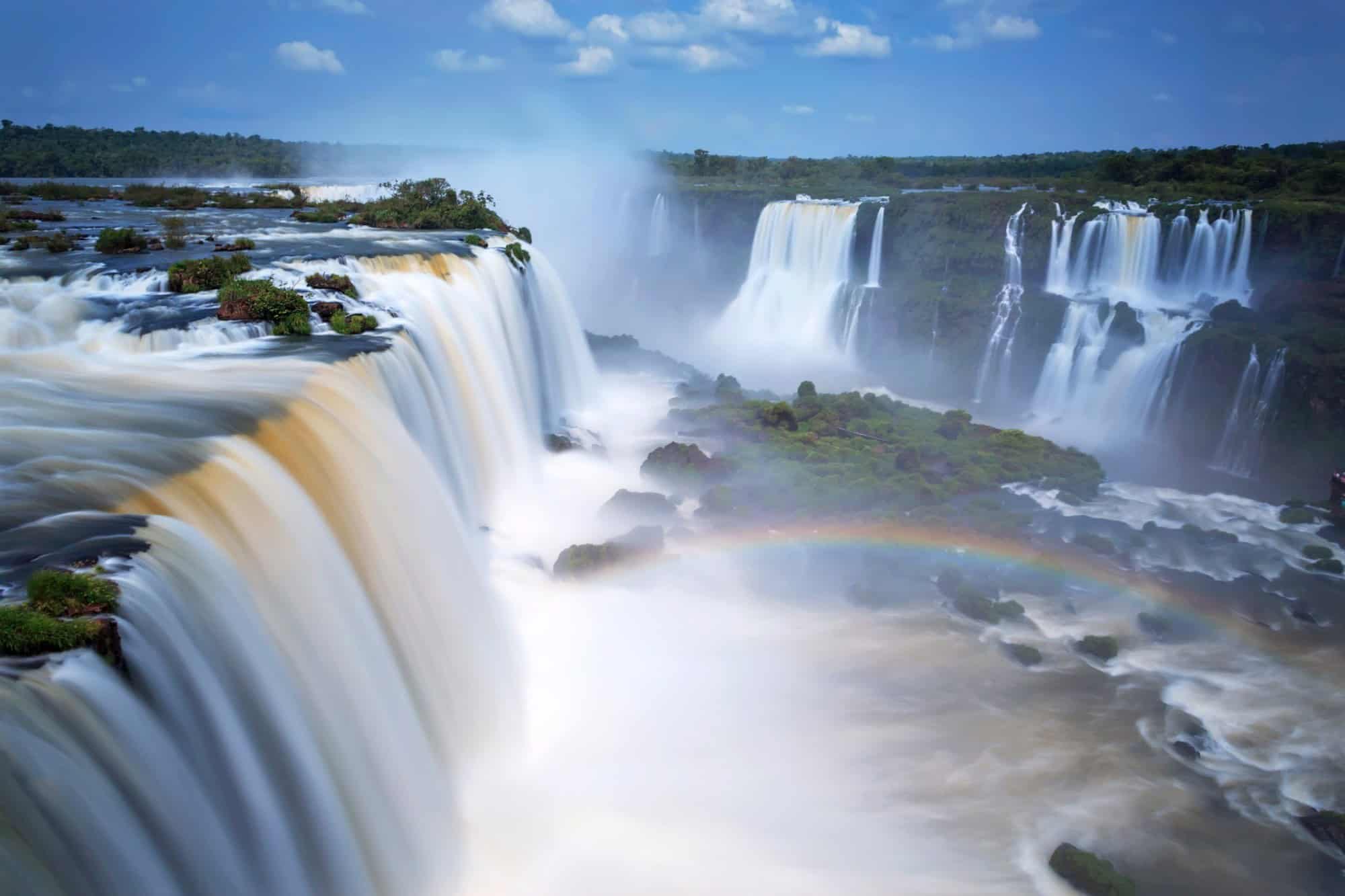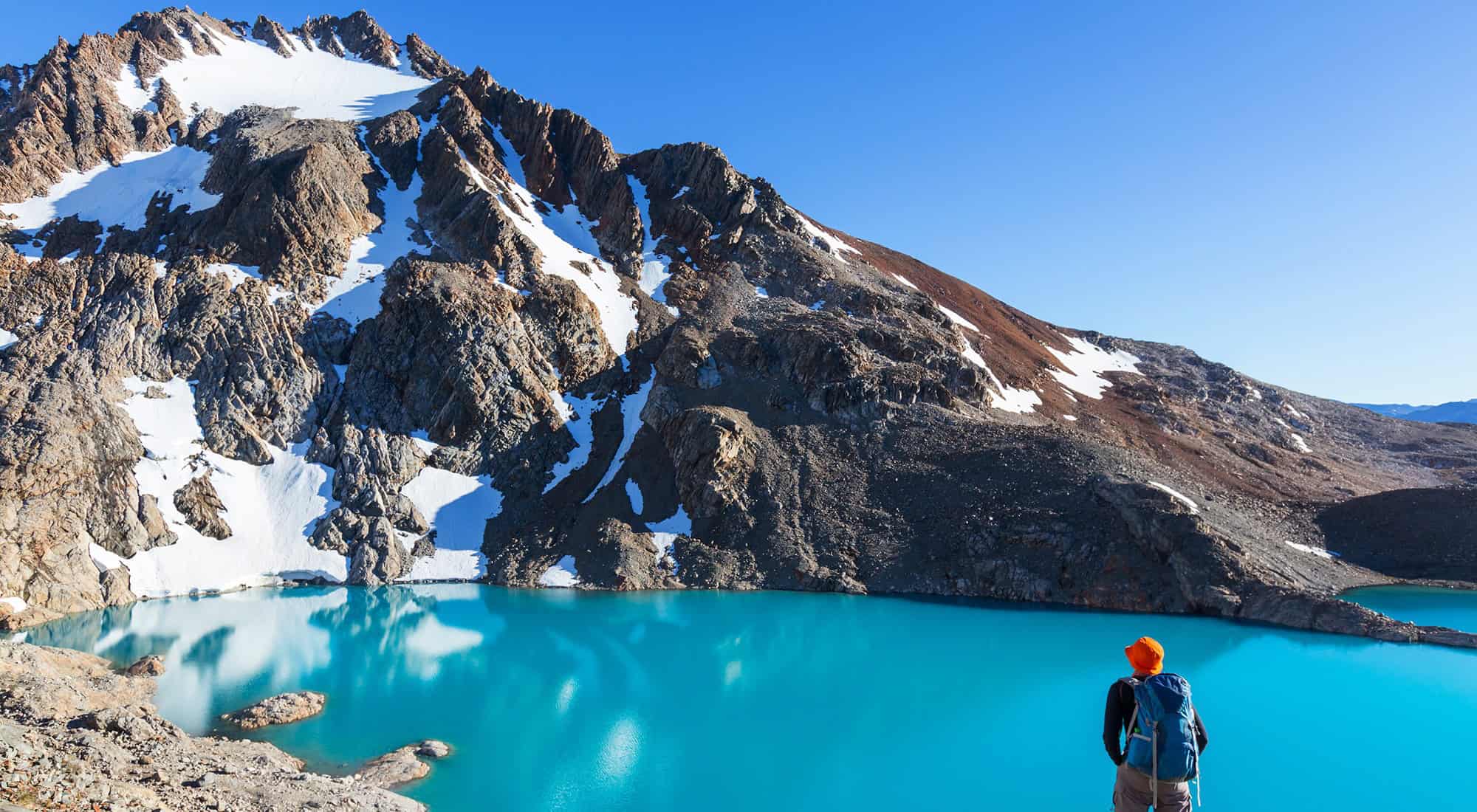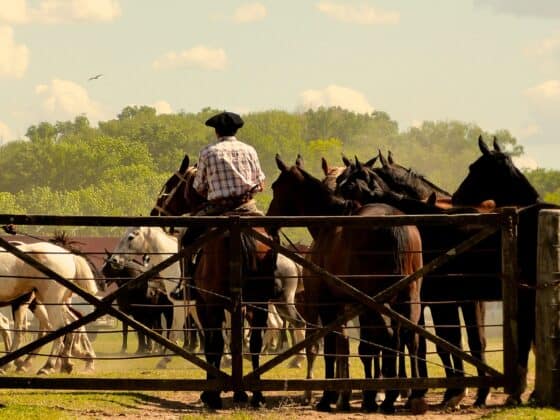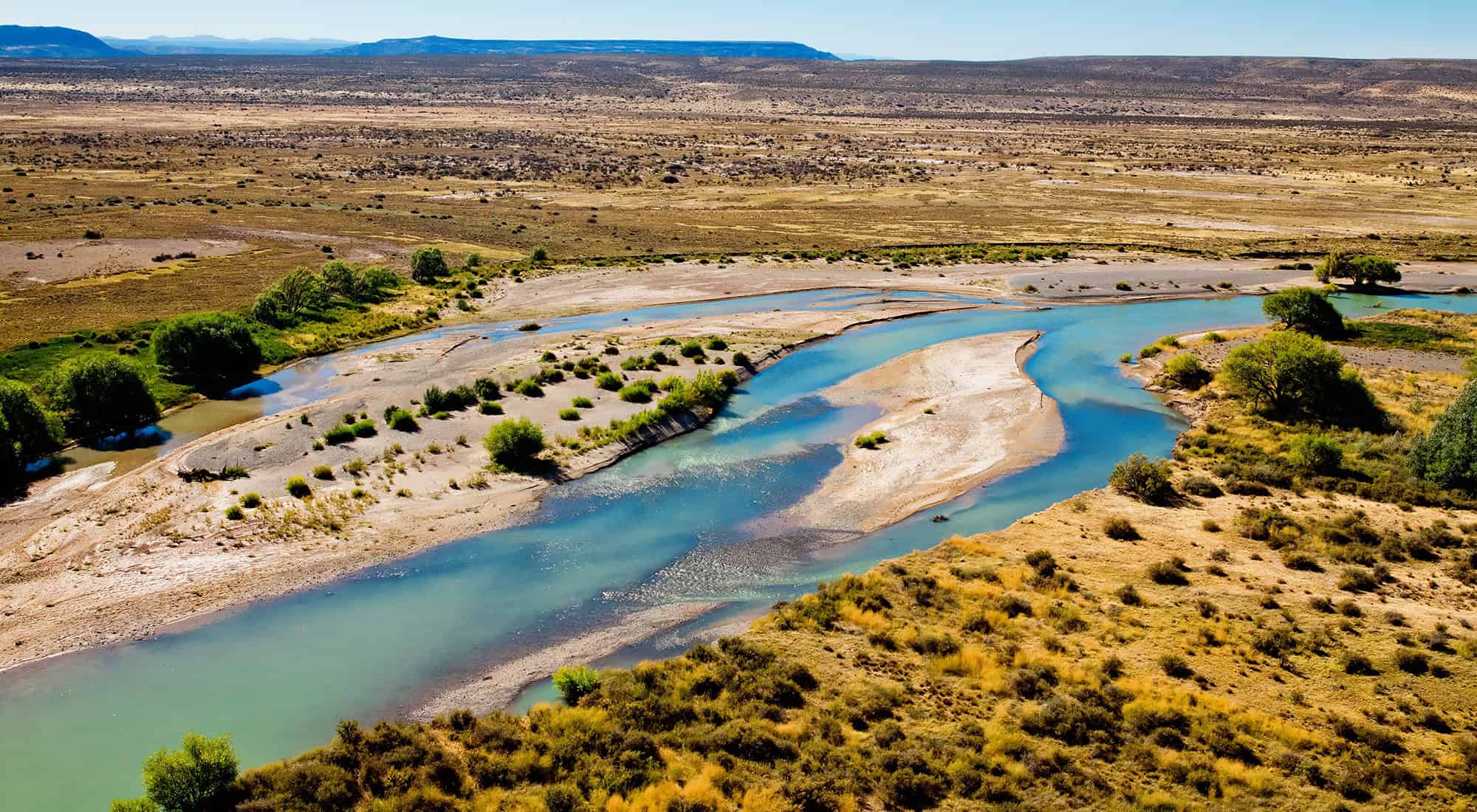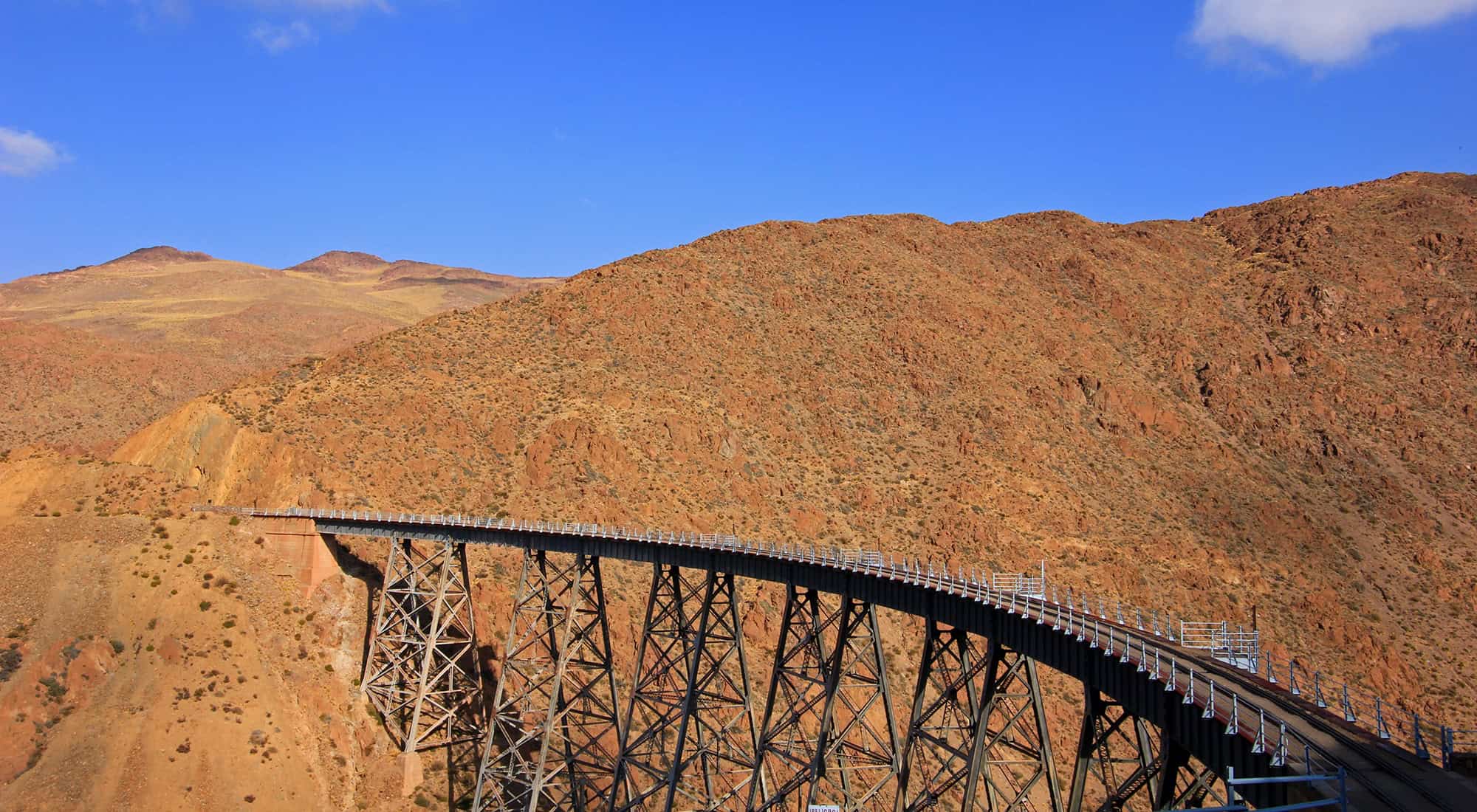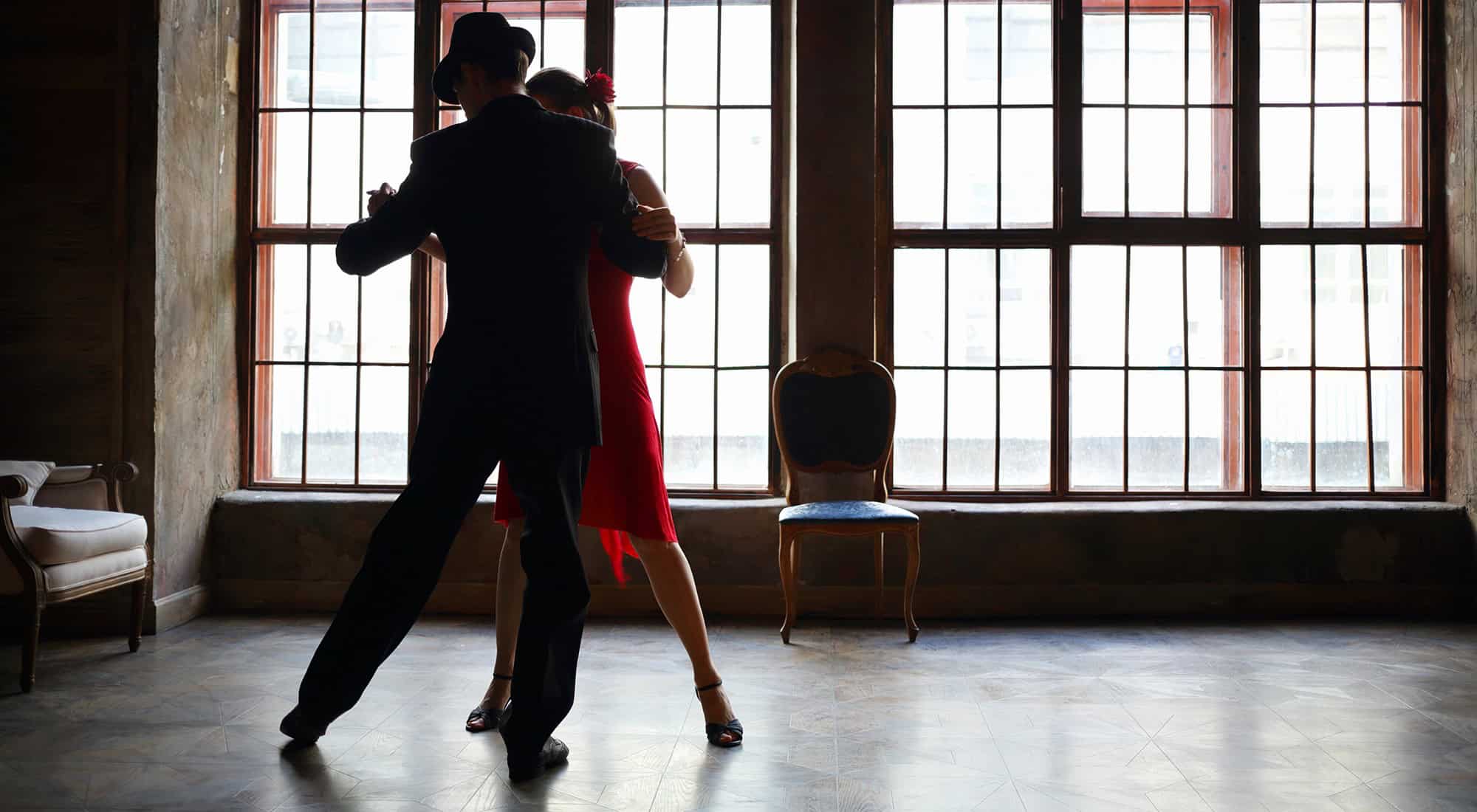Each February, Granada’s elegant colonial courtyards, historic houses, public squares and churches reverberate to the sounds of poetic verse.
Since 2005, an annual festival of poetry has been attracting over 100 scribes and thousands of spectators from around the world. Concerts, art exhibits, theatrical performances and impassioned debates accompany the lyrical occasion, but it is recitals from some of the world’s finest poets, both Nicaraguan and international, that make it such an important event. Attended with all the vigour of a Catholic Mass, these recitals are a rousing testament to Nicaragua’s long-standing infatuation with poetic form.
Granada’s poetic roots reach back to the Vanguardia movement of the late 1920s, an alliance of formidable wordsmiths like José Coronel Urtecho, Joaquín Pasos and Pablo Antonio Cuadra, who would meet in the city’s public spaces to exchange ideas. Radical and confrontational, the Vanguardia’s contributions were important and lasting, and marked a significant departure from Rubén Darío’s modernismo. Today, escaping the enduring shadow of this great ‘Father of Modernism’ is once again the challenge of Nicaragua’s newest generation of poets, who are striving to define themselves in a political climate that is largely unsympathetic to creative endeavour. The closure of UCA humanities programmes, the rising cost of books, falling literacy rates and the growing popularity of television mean that they have their work cut out for them. Still, Granada’s annual poetry festival, organized and funded privately, is a sign of impending cultural revitalization. The attending crowds of mainly working-class Nicaraguans demonstrate that public enthusiasm for literature has not abated, even if government support has. And the themes of Nicaraguan poetry – poverty, war, identity and nature – are as eternal as words themselves. Conceivably, Nicaragua’s love of verse will last forever.
For more information, see www.festivalpoesianicaragua.com (Spanish only).
